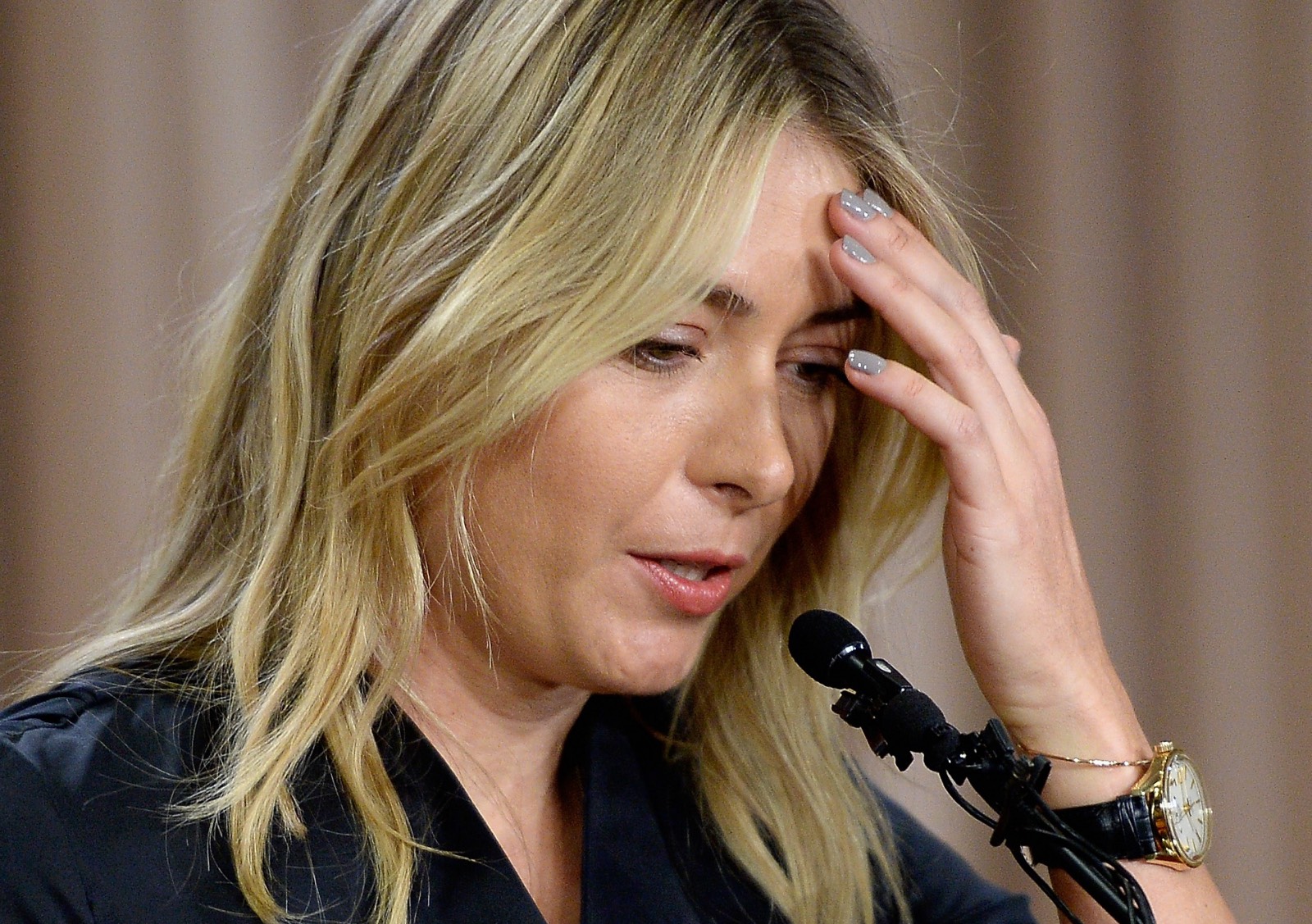Maria Sharapova has been banned for two years by the International Tennis Federation for using a prohibited drug on Wednesday, June 8, 2016
The Russian was provisionally banned in March, 2015 after testing positive for meldonium at January’s Australian Open.
The heart disease drug, which 29-year-old Sharapova says she has been taking since 2006 for health issues, became a banned substance on 1 January 2016.
The five-time Grand Slam winner said she “cannot accept” the “unfairly harsh” ban – and will appeal.
Sharapova will challenge the suspension, which is backdated to 26 January 2016, at the Court of Arbitration for Sport (Cas)
In a statement, she said the tribunal concluded her offence was “unintentional” and that she had not tried to use a “performance-enhancing substance”.
But she claimed the ITF had asked the tribunal for a four-year ban, adding it “spent tremendous amounts of time and resources trying to prove I intentionally violated the anti-doping rules”.
The tribunal ruling said Sharapova tested positive for meldonium in an out-of competition test on 2 February, as well as in the aftermath of her Australian Open quarter-final defeat by Serena Williams on 26 January. It treated both results as a single anti-doping violation.
The London 2012 Olympic silver medallist added: “I have missed playing tennis and I have missed my amazing fans… your love and support has gotten me through these tough days.
“I intend to stand for what I believe is right and that’s why I will fight to be back on the tennis court as soon as possible.”
Sharapova, then 17, became the first Russian to win Wimbledon in 2004, added the US Open in 2006 and the Australian Open in 2008, before completing a career Grand Slam with the French Open title in 2012.
She won the French Open again in 2014 and was Forbes’ highest-earning female athlete in the world for 11 consecutive years, until Williams claimed top spot this year.
The World Anti-Doping Agency (Wada) said in April that scientists were unsure how long meldonium stayed in the system, and suggested athletes who tested positive before 1 March could avoid bans, provided they had stopped taking it before 1 January.
However, Sharapova had already admitted she continued taking the substance past that date, saying she was unaware it had been added to the banned list as she knew it by another name – mildronate.







